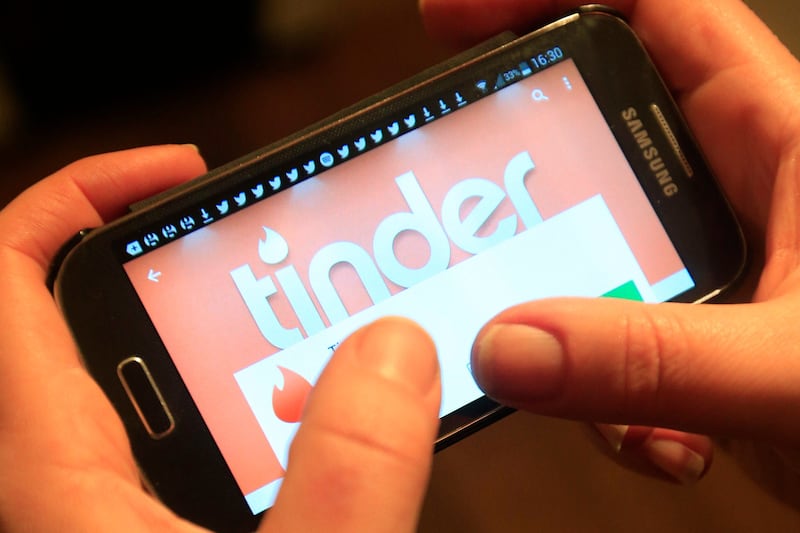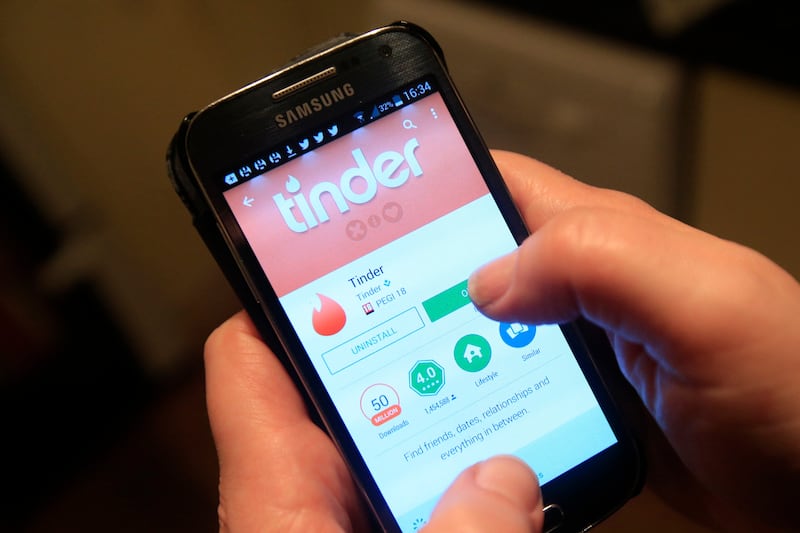Is romance a thing of the past? Does the spontaneity and excitement of a romantic gesture still exist in today’s society?
I don’t know about you but no-one has ever confessed their love to me via the medium of giant prompt cards like Andrew Lincoln’s character in Love Actually. I have never received a handwritten love letter or even a Post-it note, and digital messages using predictive text and/or emojis just don’t cut it.
Personally, I blame Disney. As a child you were peddled this narrative that you would one day stumble across Prince Charming in some random woods or at a ball and break out into a musical number that you conveniently know all the choreography to, and ultimately live happily ever after.
Going into your teens the narrative changes slightly. You’re told you’ll have a meet-cute where you’ll bump into someone on your way to school or university, you’ll drop your books, he’ll pick them up – there’s no musical number involved - but you fall in love, nevertheless.
However, by the time we get to our twenties, instead of continuing to wait for a Disney-esque fairytale or a rom-com style meet-cute, most of us take matters into our own hands and we download an app.
Dating apps are surely this generation’s ‘personal ad’ but without the shame or embarrassment of having to resort to such methods to find a mate because this is simply how people connect nowadays. However, they lack the very thing which makes personal ads, well, personal
I’ve been flitting between Tinder, Bumble and Hinge on and off for years and admittedly in the beginning the endless choice and ease of swiping through hundreds of potential partners was an exciting novelty. But after a while of treating the search for love like an evolved Candy Crush game it began to drastically lose its appeal.
There are several issues with dating apps. The first is that people are viewed more like commodities, forced to market themselves into profiles that only show off their ‘good side’. This has created an ultra-superficial world of dating and romance, in which it is quite literally ‘survival of the fittest’.
Then there’s the chat. I don’t think I can take one more conversation that mirrors similar small talk to the kind you experience during job interviews. I’m not asking for their life story, but something more than a three-word response would be a good start.
Meeting someone in real life or ‘in the wild’ is just as bad. Covid has quite a lot to answer for in that regard, people have a tendency to be more closed off and cliqued up than before.
It makes the dating pool feel like a puddle and a very shallow one at that.
Years ago, so my mother tells me, the only hope of meeting someone other than in person was to advertise via a ‘personal column’ in a newspaper. The raft of dating shorthand terms such as WLTM, GSOH or NS (would like to meet; good sense of humour; non-smoking) were peppered throughout these ads as a SWF sought an AL for fun and frolics (single white female; animal lover).
Although, in all honesty, I believe these ads were often viewed as a source of titillation and entertainment rather than a genuine means of finding a partner. They were, perhaps unfairly, considered to be the domain of the desperate and unclaimed or for those, for whatever reason, who found themselves ‘back on the market’ and by then often carrying a bit of ‘baggage’.
Dating apps are surely this generation’s ‘personal ad’ but without the shame or embarrassment of having to resort to such methods to find a mate because this is simply how people connect nowadays – via social media, digital platforms, email, Facetime etc. However, the point is that they lack the very thing which makes personal ads, well, personal. Digital profiles do not promote an air of mystery, creativity or romance.
The impact of some carefully chosen words which touch something within their reader and compels them to reach out to a complete stranger cannot be underestimated and I think that’s something we’ve sadly lost in 2024.








